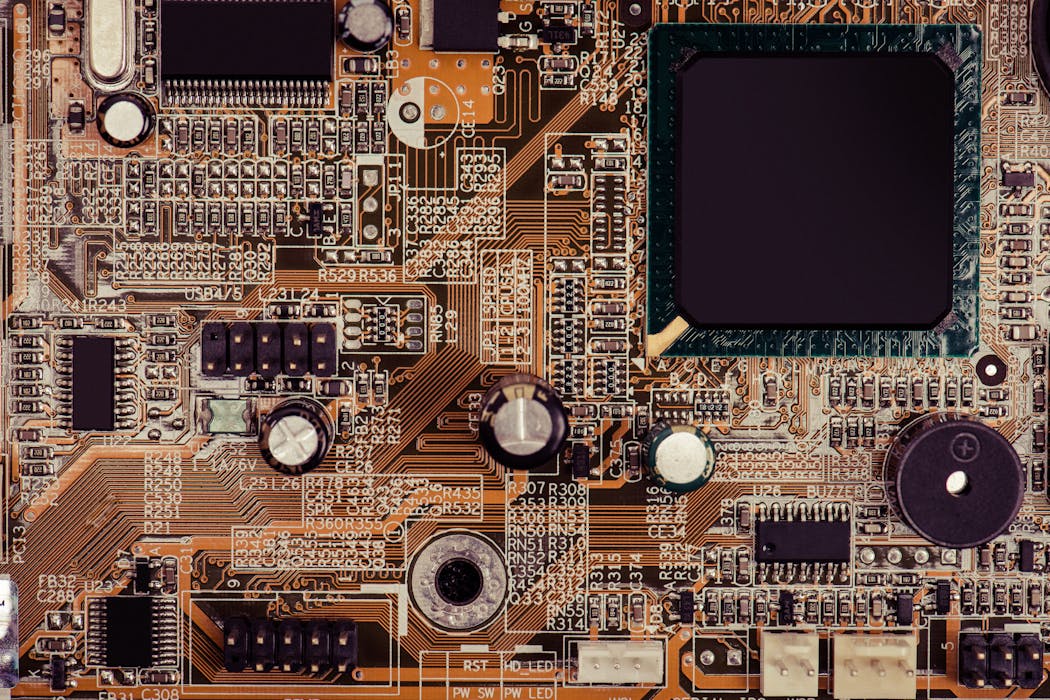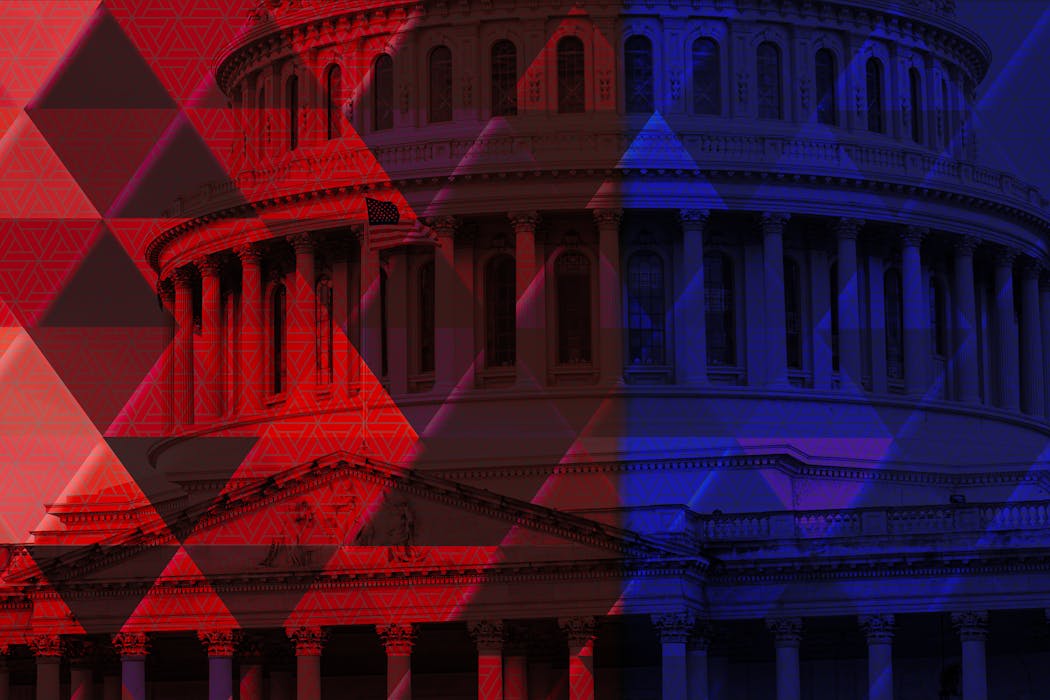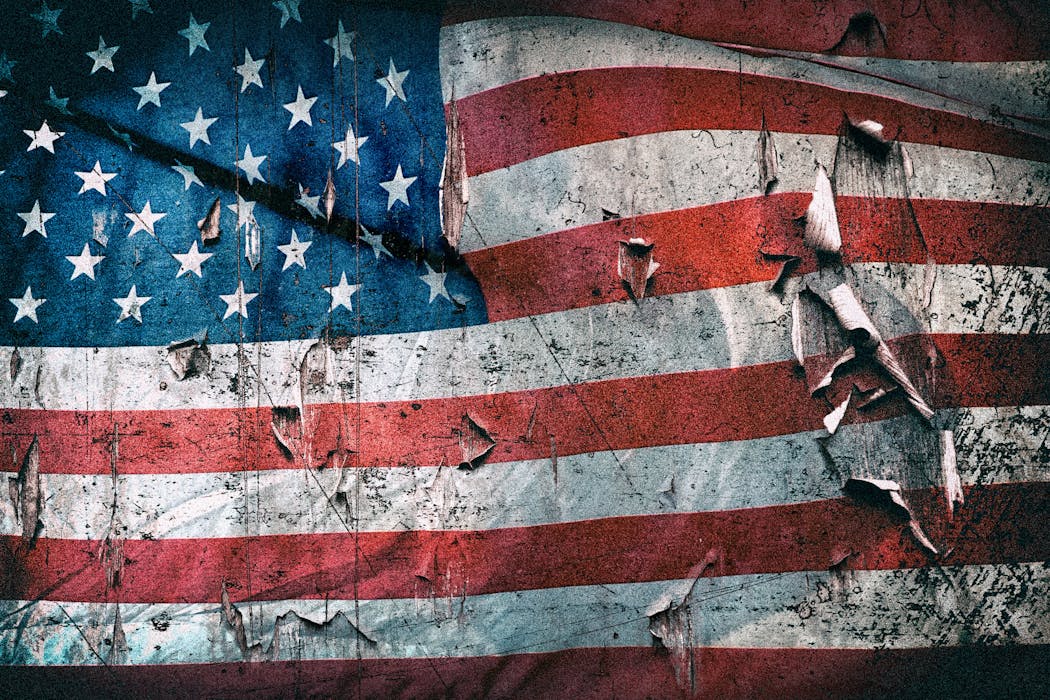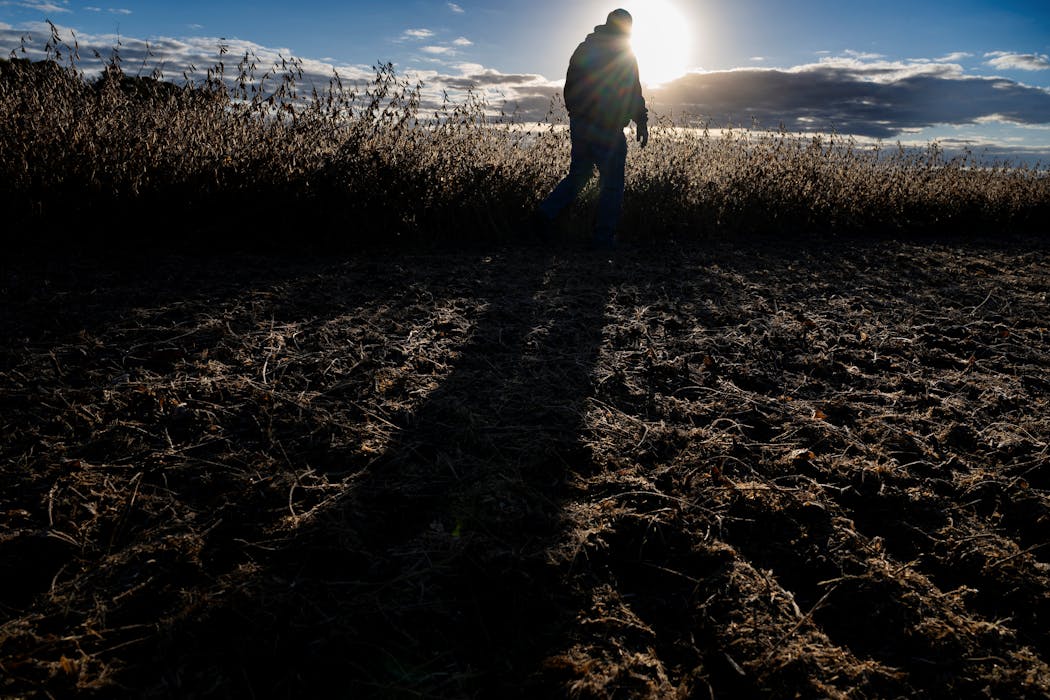Trump’s Greenland ambitions could wreck 20th-century alliances that helped build the modern world order
- Written by Donald Heflin, Executive Director of the Edward R. Murrow Center and Senior Fellow of Diplomatic Practice, The Fletcher School, Tufts University
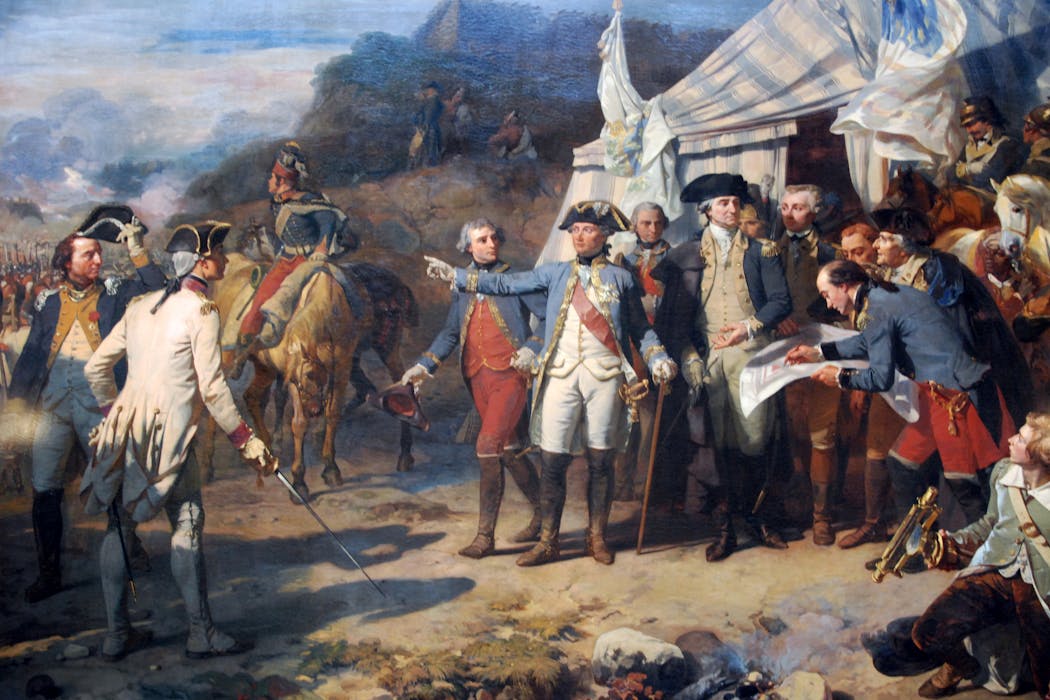 French Gen. Jean de Rochambeau and American Gen. George Washington giving final orders in late 1781 for the battle at Yorktown, where British defeat ended the War of Independence.Pierce Archive LLC/Buyenlarge via Getty Images
French Gen. Jean de Rochambeau and American Gen. George Washington giving final orders in late 1781 for the battle at Yorktown, where British defeat ended the War of Independence.Pierce Archive LLC/Buyenlarge via Getty ImagesMake Denmark angry. Make Norway angry. Make NATO’s leaders angry.
President Donald Trump’s relentless and...



